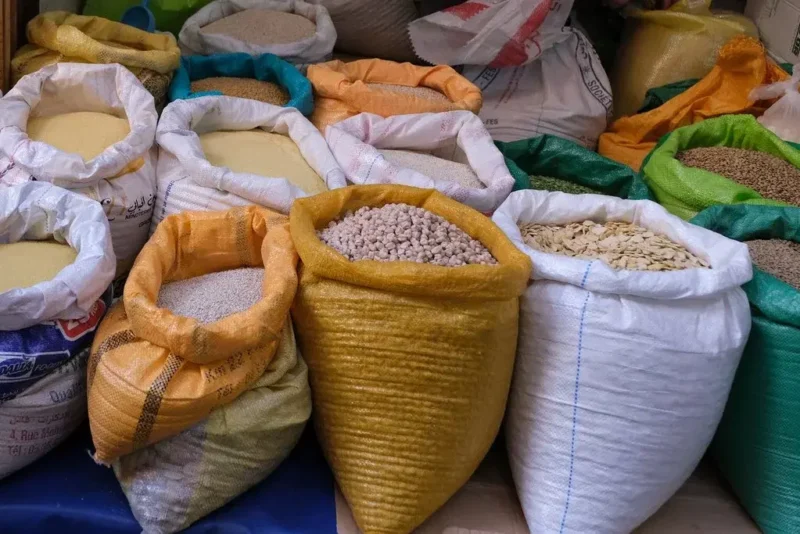Nigeria is grappling with surging food inflation as the National Bureau of Statistics (NBS) reports a year-on-year food inflation rate of 39.16% for October 2024, up from 31.52% in October 2023.
This staggering rise reflects a complex mix of economic pressures, including escalating costs for staples such as rice, maize, and yam, which continue to strain household budgets and business operations across the nation.
The NBS report paints a troubling picture of the food inflation crisis. Month-on-month, the rate climbed from 37.77% in September 2024 to 39.16% in October, with a corresponding increase in monthly food prices of 2.94%, compared to 2.64% in the previous month. The consistent upward trajectory underscores growing concerns over food affordability and accessibility in an economy where many citizens already face significant financial challenges.
The surge in food inflation is largely attributed to rising costs of essential food items, including cereals like rice and maize, tubers such as yam and coco yam, cooking oils, and beverages. These increases are exacerbated by supply chain disruptions, higher transportation costs, and adverse weather conditions that have disrupted agricultural production.
Key states bear the brunt of this crisis. Sokoto State leads with a food inflation rate of 52.18%, followed by Edo State at 46.55% and Borno State at 45.85%, reflecting both regional economic disparities and the challenges of insecurity affecting agricultural activities. Meanwhile, states such as Kwara (31.68%), Kogi (33.30%), and Rivers (33.87%) reported relatively lower rates but remain impacted by the broader inflationary pressures.










Join our Channel...